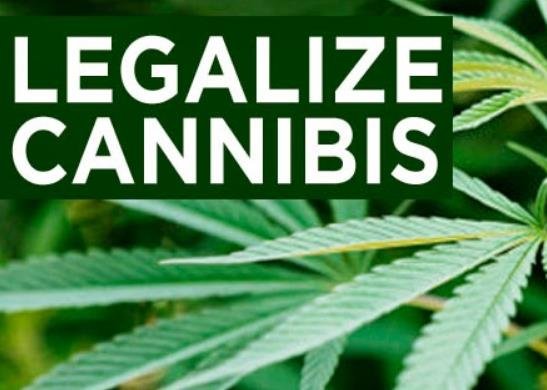Switzerland is taking a measured approach to legalizing recreational cannabis, with a government-controlled system at the heart of the proposal. A parliamentary commission has greenlit a framework for legal adult-use sales, but the plan leaves little room for private business, signaling a highly controlled rollout.
Government Monopoly at the Center of Legalization
The proposal, approved by a health commission in Switzerland’s lower chamber of Parliament on February 14, sets the stage for a state-run cannabis market. With a 14-9 vote and two abstentions, lawmakers have endorsed a system where the government would oversee all sales, eliminating corporate profits from the industry.
Unlike other nations that have allowed private companies to shape the cannabis market, Switzerland’s plan aims to restrict commercialization. Proceeds from cannabis sales would be funneled into public health initiatives, including addiction assistance and harm reduction.
Notably, the proposal allows adults over 18 to legally purchase, possess, and consume cannabis. Home cultivation is also on the table, with a limit of three plants per individual for personal use.

Public Vote Likely to Decide Fate of Legalization
Switzerland’s direct democracy model means that major policy changes often face public referendums. Even if the proposal clears both chambers of Parliament, voters may still have the final say.
This isn’t unfamiliar territory. The country has previously tested the waters with limited pilot studies on adult-use cannabis, aiming to collect data for future policy decisions. The commission’s proposal builds on these experiments but stops short of full commercialization.
It could take years before a legal market takes shape. Drafting legislation, securing approvals, and navigating potential referendums will likely stretch the timeline significantly.
Strict Regulations and Tougher Penalties for the Illicit Market
Swiss authorities have made it clear that legalization won’t mean a free-for-all. The commission emphasized that regulation must not encourage consumption, leading to strict controls over packaging and branding.
- Packaging will be standardized and neutral.
- No brand names will be allowed.
- Warning labels will be mandatory.
At the same time, lawmakers want harsher penalties for those who continue to operate outside the legal framework. The illicit cannabis trade in Switzerland remains sizable, and authorities are looking to crack down on unregulated sales.
Switzerland’s Unique Position in Europe’s Cannabis Landscape
Switzerland’s non-membership in the European Union gives it a distinct advantage in shaping its own cannabis policy. EU regulations permit medical cannabis but generally prohibit adult-use sales. Switzerland, with its independent stance, isn’t bound by those rules.
That autonomy has already led to a more progressive stance on medical cannabis, which was legalized in 2022. Now, the country is cautiously moving forward with recreational use—though with significant limitations.
Other European countries, including Germany and the Netherlands, are exploring different approaches to cannabis reform. Germany is rolling out a decriminalization model with cannabis clubs, while the Netherlands is testing a legal supply chain to replace its long-standing tolerance policy.
Switzerland’s move is significant, but it’s far from a free-market system. The coming months—and potentially years—will determine whether the nation sticks to its state-controlled model or adjusts to accommodate private industry.
